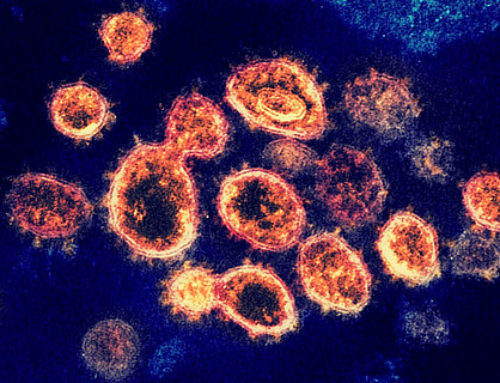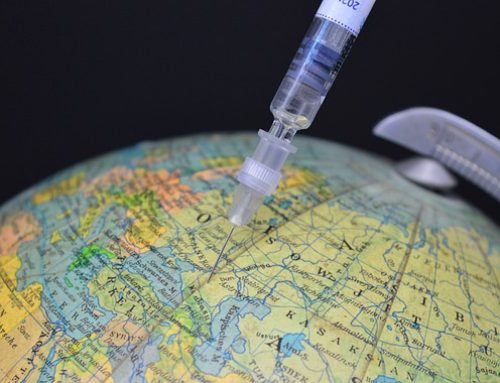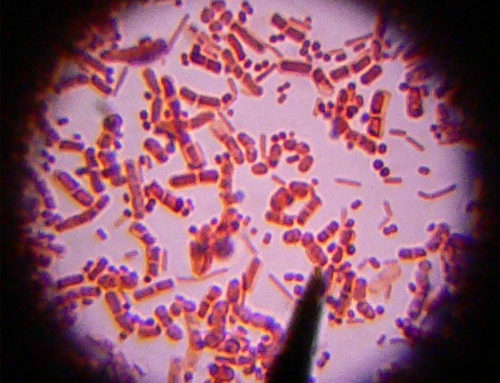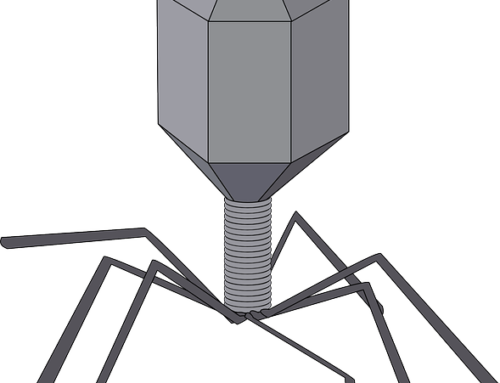Learning Objectives:
You should be able to:
- describe the relative impact of infectious diseases on human health and morbidity, and the effects they can have on human behavior and society, political policy, and the economy.
- explain why it is important for everyone to be informed about infectious diseases and their prevention.
- explain how the origins of the germ theory of disease affects our approach to the treatment and prevention of infectious disease.
- list the major classes of microorganisms that cause diseases in humans and their relative sizes.
- define and distinguish commensal organisms, opportunistic pathogens, colonizing organisms, and strict pathogens.
- describe major sources of infection and modes of transmission of infectious agents.
OVERVIEW
The identification of microorganisms as replicating, transmissible agents of specific diseases was a major breakthrough in understanding the disease process and provided the basis for developing strategies to treat, control, and prevent infectious diseases. Continued study of infectious diseases and their causative agents has both increased this understanding and challenged some of our theories.
- Impact of Infectious Diseases
- Infections cause approximately one third of deaths worldwide, mainly due to deaths in developing countries, many of which could be prevented.
- The number of deaths from infectious diseases is increasing, even in developed countries due to AIDS and other factors, like:
- emerging infectious agents
- increased number of elderly people
- increased number of immunocompromised people
- hospitals and invasive procedures and devices; nosocomial infections
- more foods prepared outside of the home
- In developed countries, at least 25% of all illnesses for which patients consult their doctors are infective.
- Infectious diseases have political, social, economic effects.
- Everyone is affected by infectious diseases; everyone needs basic information to make appropriate decisions about vaccination and health care for themselves, family, etc.
- Historical lessons that led to the basis of bacteriology and illustrate why it is
important to keep an open mind…
- Antony van Leeuwenhoek (ca. 1675) and the theory of replicating microbes vs. spontaneous generation.
- Louis Joblot (ca. 1718) vs. John Needham (ca. 1749) and the theory of sterilization.
- Lazzaro Spallanzani (ca. 1170) and Louis Pasteur (ca. 1862) sterilization by autoclaving (115-1200C).
- Ferdinand Cohn (1876) and the discovery of spores.
- Robert Koch (1877) described methods for heat-fixing bacteria to slides for staining and microscopic examination, and for isolating pure cultures of bacteria on solid media.
- These findings established the nature of bacteria and the basis for their study and control.






Leave a Reply